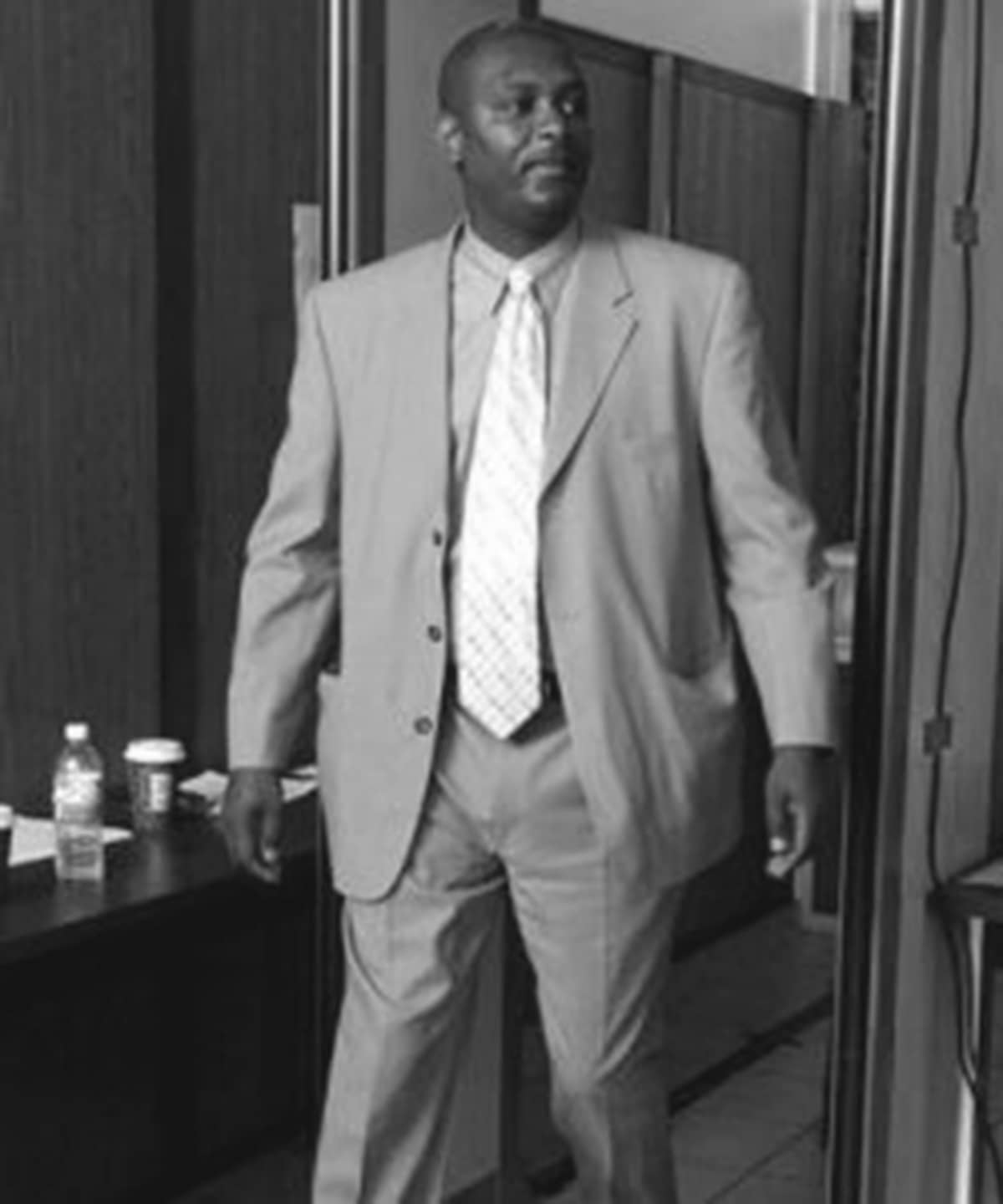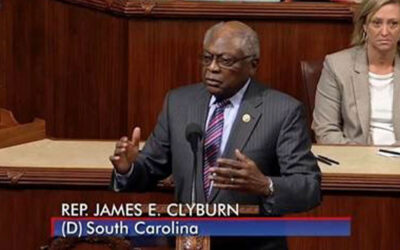By Stacy M. Brown | NNPA Newswire Senior National Correspondent
The Leadership Conference Education Fund, in collaboration with the African American Policy Forum, Asian Americans Advancing Justice – AAJC, Lawyers’ Committee for Civil Rights Under Law, and other civil rights groups, are rallying outside the U.S. Supreme Court in support of affirmative action.
The activists are demanding that there remains a need for colleges and universities to consider race as one of the factors in the holistic admissions process.
“What is happening on college campuses today is that applicants are treated differently because of their race and ethnicity,” said Edward Blum, a legal activist.
He founded Students for Fair Admissions and is against affirmative action.
“Some are given a thumbs up. Some are given a thumbs down,” Blum stated.
However, Harvard University and the University of North Carolina have countered a need for a demographically diverse student body.
The universities asserted that admissions committees need not ignore a candidate’s race “any more than it does a candidate’s home state, national origin, family background, or special achievements.”
As broken down by NPR, “because UNC is a state school, the question is whether its affirmative-action program violates the 14th Amendment’s guarantee to equal protection of the law.”
And even though Harvard is a private institution, it is still covered by federal anti-discrimination laws because it accepts federal money for various programs.
Ultimately, NPR noted, at the heart of both cases is the same principle: what constitutes racial discrimination?
Further, NPR reported that this holistic approach to college admissions “is used by many colleges, large and small, including the U.S. military academies.”
Among the many academic institutions that have filed briefs supporting affirmative action are 57 Catholic colleges and universities, including Notre Dame, Georgetown, and Holy Cross. And there are more briefs filed by 68 of the largest corporations in the country and a brief filed by a long list of retired three- and four-star generals and admirals attesting to the need for racial diversity in the upper echelons of the military. For example, the lack of racial diversity in the officer corps during the Vietnam War led to enormous tensions and even violence between the predominantly white officer corps and the primarily Black and Hispanic enlisted men, sometimes compromising the war effort.
Many anticipate that justices on the politically compromised Supreme Court, who issued the controversial decision to overturn Roe v. Wade earlier this year, will overrule some or all the precedents in the affirmative action case.
“The baseline for permissible affirmative action programs in higher education was established in 1978,” NPR reported.
“Citing Harvard University as the model, Justice Lewis Powell said that in evaluating applicants for admission, race could not be the determinative factor, but the university could use race as one of many factors, just as it uses other traits — special talents in music, science or athletics, and even the fact that the applicant’s parents attended the university.”
Justice Powell stressed that “in choosing among thousands of academically qualified applicants,” a university’s admissions committee may “with a number of criteria in mind,” pay “some attention to distribution that should be made among many types and categories of students.”











